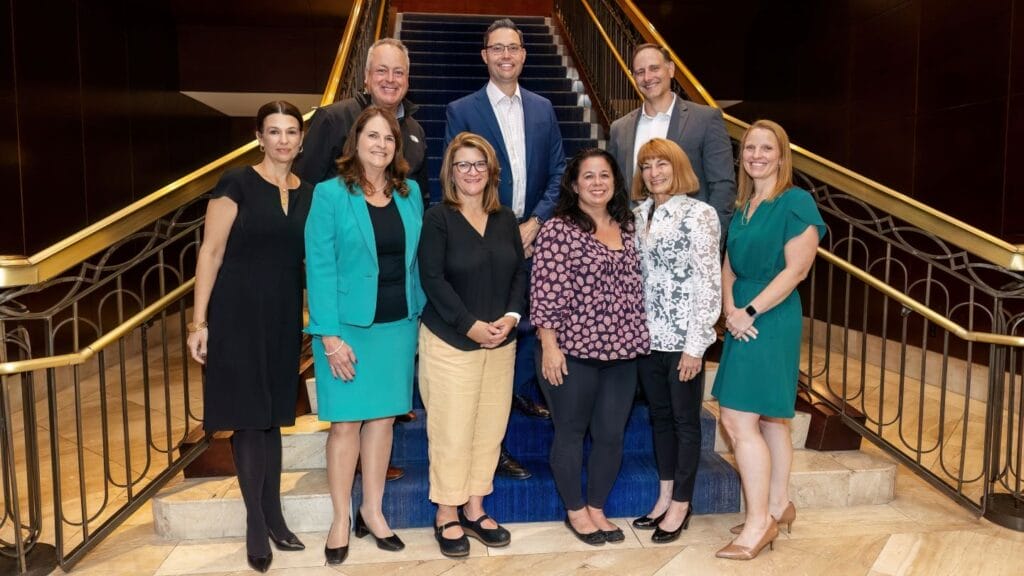
Other than a few sports teams, I’m not a big cat fan. Never have been. Grew up with dogs and that suited me just fine.
Cats have one big plus over dogs, however: I’m told that if you want to, you can leave them on their own for a few days and they won’t starve.
Then again there is at least one really big negative: Cats have given curiosity a bad name. It supposedly killing the cat and all.
I’m a big fan of exercising one’s curiosity muscle, and I’m not the only one. The downfalls of not expressing enough curiosity can be found in many places online, as your next search session will easily reveal. As far as I’m concerned, though, you have to look no further than the delicious pub scene when TV’s cagey Ted Lasso reveals what can happen when one doesn’t ask enough questions.
Make no mistake: We all need to develop our curiosity trait more — and in both our personal and work lives. As one mentor of mine once said, he’s looking for ongoing intellectual curiosity in job candidates. That’s a no-brainer in journalism. It also fits well in long-term care.
Make the mistake of being judgmental instead of curious about that irritating/puzzling/withdrawn patient in the corner, and you might miss a great opportunity to improve someone’s day. Or avert a pending health tragedy.
Gloss over your misgivings about a certain drug combination during med pass and brace yourself for the potentially harmful fallout from a bad interaction.
Neglect to ask your staff members (or your own boss) about expanding their (or your) job responsibilities and miss out on golden opportunities to groom stronger leaders. They are needed virtually everywhere in the halls where you work.
Feed your own soul by exercising a variation on JFK’s “Ask not what your country can do for you; ask what you can do for your country.” Grow your sense of self-worth when you apply this line of questioning for serving your own local community, place of worship, food pantry or other laudable volunteer organization.
Quite coincidentally, while on the convention circuit this fall, I came across an outstanding example of the virtue of curiosity in a long-term care entity. I might not have fully grasped it until I got home. That’s when I started thumbing through the notebook I picked up at a Brio Living Services booth.
As it turns out, the multifaceted provider rebranded with a new name last year. Brio means “life, vivacity, enthusiastic vigor — the very aspects of joyful living we aim to provide for older adults and our team members.”
The notebook and its slogan have to be at the core of this great, new image.
“The future belongs to the curious” is splashed on the notebook cover, which depicts a telescope aimed at a sky painted full of glistening and shooting stars. Inside, each blank writing page features a provocative, personal-reflection question at the top — and the provocative cover message again at the bottom.
That saying sums up things in a beautiful, constructive way. Forget about the fate of an inquisitive cat: When curiosity’s involved, expect the death only of off-target judgments, inner doubts and unanswered wonderings. A winning outcome anyway you slice it.
James M. Berklan is McKnight’s Executive Editor.Opinions expressed in McKnight’s Long-Term Care News columns are not necessarily those of McKnight’s.



